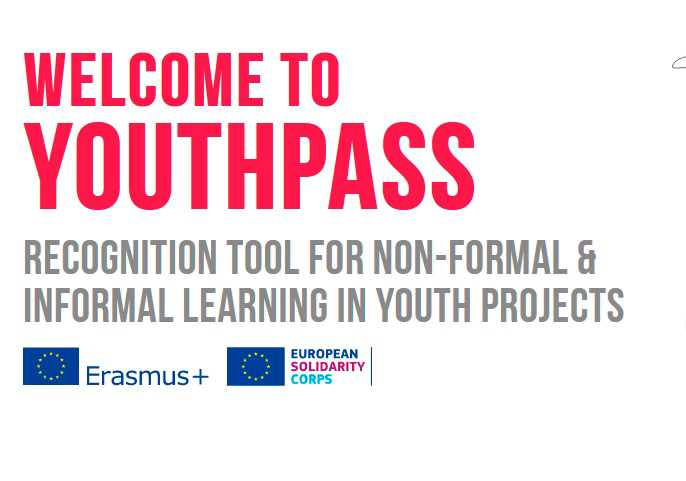
Some of the differences between formal, non-formal and informal education have already been discussed at the beginning of this course, so we will now focus on non-formal education and the recognition of its activities.
YouthPass.
It is a tool that documents and recognises the non-formal learning outcomes of participants in the Erasmus+: Youth programme and also in the European Solidarity Corps. It is part of the European Commission’s strategy to boost the recognition of non-formal learning.
In addition to recognising the outcomes of the non-formal learning process, the YouthPass serves as a tool for self-assessment by each participant of the competences developed during the learning process.
Key Competences.
These are the competences that all people need for personal fulfilment and development, as well as for employment, social inclusion and active citizenship and for leading a sustainable and healthy lifestyle. They are the sum of knowledge, skills and attitudes. The reference framework established by the Recommendation of the Council of the European Union, defines the key competences as eight, which are interconnected and build on each other:
- Multilingual competence
- Personal, social and learning to learn competence
- Citizenship competence
- Entrepreneurship competence
- Cultural awareness and expression competence
- Digital competence
- Mathematical competence and competence in science, technology and engineering
- Literacy competence
For more information on this framework, have a look at this document.